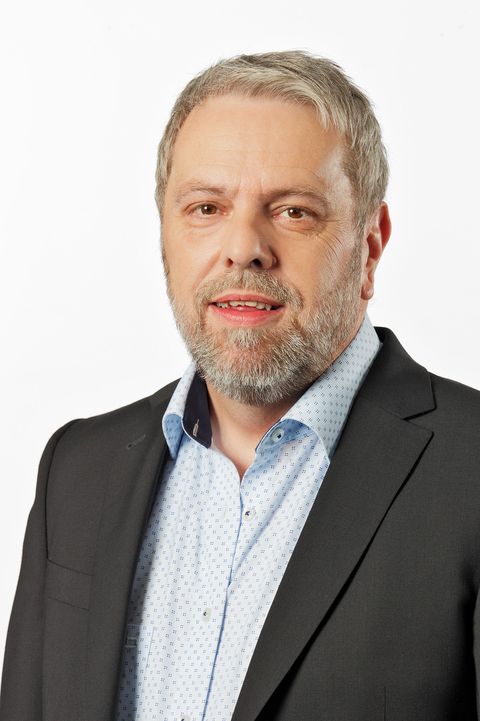The importance of research projects in the field of Artificial Intelligence is getting crystal clear, as proven by the fact that scientists Yoshua Bengio, Geoffrey Hinton and Yann LeCun were awarded with the Turing Award, which is generally recognized as the “Nobel Prize of Computing”. The three scientists helped “advance the thinking and application of neural networks, the technology that gives computers the ability to recognize patterns, interpret language and glean insights from complex data.”
Singapore
According to our subsidiary Paradox Engineering, AI might have a great potential in cities where large amount of data might be processed to enable innovative solutions for mitigating pollution and improving public health. For example in Singapore, where air pollution and related health costs are particularly high. THE BUSINESS TIMES reports on promising prospects for AI in the quest for cleaner air in Singapore, too. A team of researchers deals with the possibility to combine sensor technologies, IoT and AI to get reliable environmental data to improve urban sustainability. Thanks to this data, there could be user-friendly air quality heat maps and the most severe “pollution hotspots” could be determined. Using AI, it is even possible to make predictions, which areas should be avoided at which times and to consider a proactive approach in problematic areas. This certainly does not fully get down to the root of the problem, but for Singapore and its inhabitants, it could be a very important first step. The estimated total health costs because of air pollution are about 3.75 Billion US Dollars. The Singaporeans are not the only ones with those problems, of course: “92 per cent of the world’s population live in places where air quality levels exceed WHO limits, resulting in millions of deaths every year.” And it is not only about health: The increasing concerns over climate change and global warming result in the image of AI as saviour for problems that transcend our own horizon. According to Vox media, AI is becoming one of society’s greatest assets, when faced with problems that seem larger than life.
London
In the Greater London area 1,200 remote sensors collect real time data, which is used for a model predicting which parts of the city are polluted the most. According to the BBC 48-hours forecasts are currently possible. Therefore citizens are able to know, which running, walking or cycling routes minimise exposure to toxic air. The next step can be corrective measures – for example closing certain streets for certain times to avoid cumulative pollution. Since London’s biggest problem is without doubt the traffic pollution, autonomous driving technologies (based on AI) will be important in the future as well. Efficient movement of people and goods can enact a significant reduction in oil consumption and emissions and smart traffic lights could shorten the general driving time.
MinebeaMitsumi’s subsidiary Paradox Engineering offers a compelling portfolio of platforms to enable any kind of Smart City and data-driven decisions and therefore the basis for any urban AI solution. The distinctive feature of the Paradox Engineering IoT solutions is interoperability for a far-sighted smart perspective.


